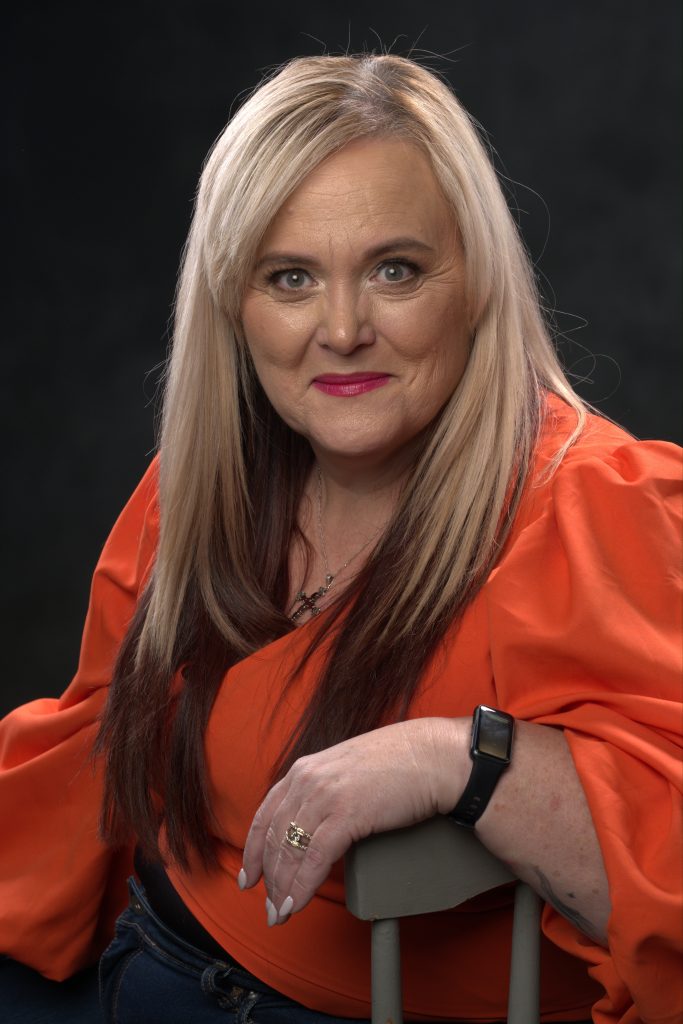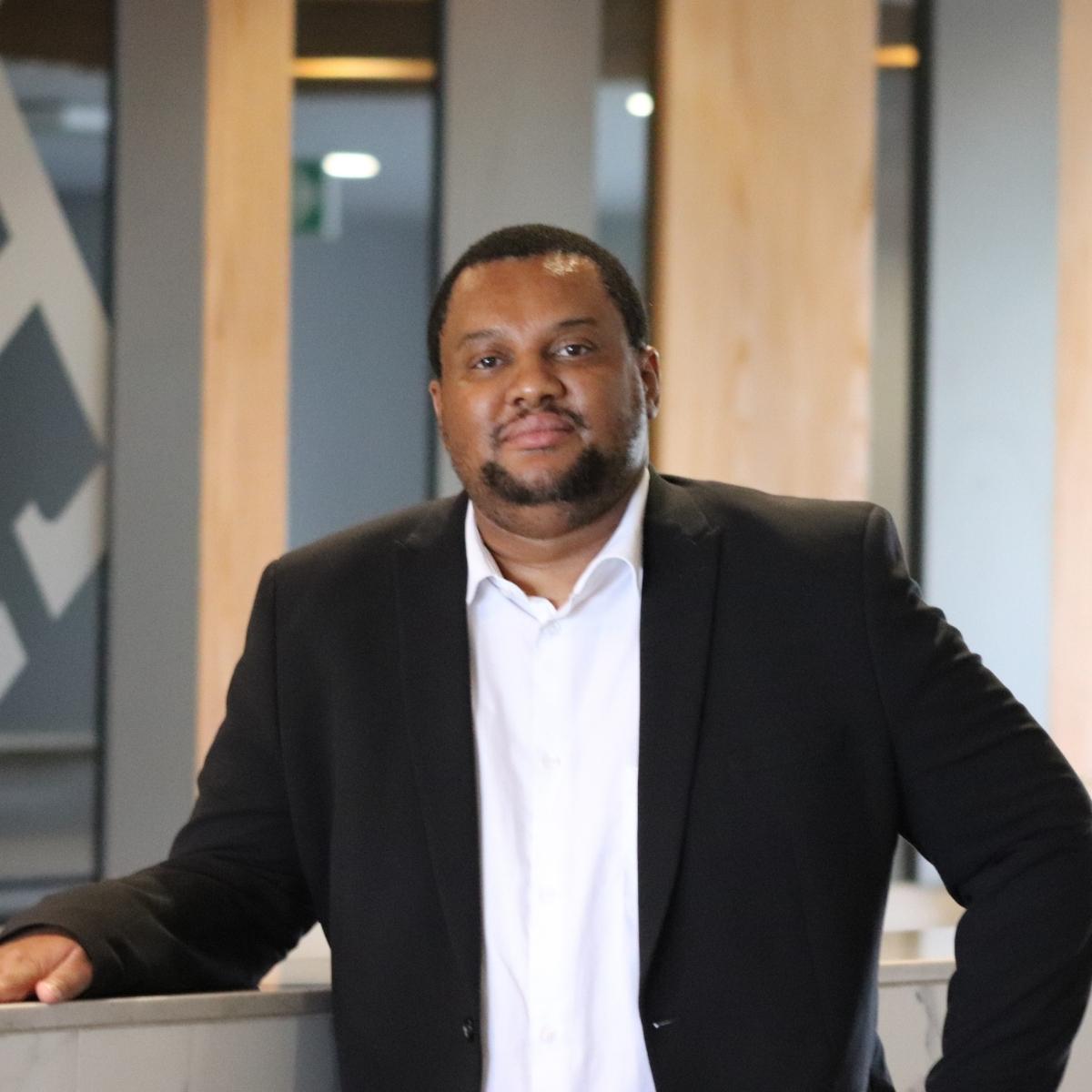Leadership has emerged as a defining skill in a world where workplaces are constantly evolving, demanding purposeful action and authentic human connection. For The DaVinci Institute’s doctoral candidate, Gizelle Mc Intyre, a learning and development specialist and passionate advocate for coaching in the workplace, leadership begins with understanding the human being behind every role.
The Power of Coaching
Mc Intyre shared that coaching sits at the heart of what she does. She indicated that her role is to engage leadership and keep them engaged. When you strengthen leadership, you strengthen the organisation.
Her doctoral research explores how structured coaching programmes for managers can encourage engagement, boost productivity, and build workplaces where people want to come to work.
“It starts at the top. When leaders are positive and engaged, that energy filters down to everyone else,” she says.
Mc Intyre’s approach is strengths-based, focusing on what people can do, rather than what they cannot. She added that we spend too much time fixing weaknesses. When built on strengths, those weaker areas take care of themselves.
“My research formalises what I already practise daily, helping organisations make coaching accessible, effective, and measurable,” she says.
She adds that the challenge is that while most organisations acknowledge that coaching works, few implement it consistently. It is easy to say that coaching is important, but it is harder to embed it in the culture. Her goal is to make it simple and practical.”
Building Better Managers and Leaders

Mc Intyre draws a clear distinction between management and leadership. Managers oversee policies and processes. Their role is to manage people and systems within a framework. Leadership, however, is about purpose, influence, and direction; it is situational and human centred.
She cautions that many organisations promote technical experts into management roles without preparing them for the people dimension.
“Being great at your job does not mean you will be great at managing others. Many end up frustrated because they’re no longer doing what they love,” she says.
Mc Intyre said true leadership is about humility and vision. The best leaders admit when they do not know something and focus on guiding others. Leadership isn’t tied to a title; it can emerge at any level of the organisation.”
For Mc Intyre, the ideal workplace is one where managers are also leaders, creating “pockets of excellence” defined by engagement, productivity, and shared purpose.
Making Coaching Accessible
Although coaching is gaining global recognition, Mc Intyre believes awareness and access remain limited, especially in South Africa. If you read about the world’s top entrepreneurs and executives, most have coaches. Yet coaching is still seen as something for senior leaders only. That should not be the case; everyone deserves access to coaching.”
As a member of the management committee of COMENSA (Coaches and Mentors of South Africa), Mc Intyre is helping to professionalise the field and expand its reach.
“People often do not understand the difference between coaching and mentoring. Both are critical to personal and professional growth, and everyone should experience them at some stage in their lives,” she says.
Leadership Over Management
Asked whether South Africa needs more leaders or more managers, Mc Intyre does not hesitate.
“We need more leaders,” she says.
She aligns leadership with personal mastery and service. Leadership is about being the humble servant, as Nelson Mandela described. Management ensures order; leadership inspires progress. The combination of both is where transformation happens.
She argues that leadership development is not just about improving organisational performance; it is about restoring humanity to the workplace. Policies and processes are important, but people execute them. Leadership connects with the human being behind the task.
Bridging the Gap Between Study and Work
Drawing from her experience in recruitment, Mc Intyre highlights a growing mismatch between academic preparation and workplace expectations. Adding that, many graduates come in with unrealistic expectations. They believe a qualification guarantees a top job, but your degree only knocks on the door; the rest is up to you as the candidate.
“In our marketing department, interns start with three months in counter sales. When they ask what that has to do with marketing, I explain, “Everything they market comes from what we sell,” she says.
Mc Intyre also notes a lack of exposure to working environments among young people. Some have never known anyone who works, so they do not understand basic workplace norms. That is not arrogance; it is inexperience. We need to guide them, but institutions of higher learning also need to do more to bridge that gap.
The transition from study to work, she warns, can be jarring.
“When I studied, no one spoke about the real world, it was all theory. Without preparation or mentorship, that leap can be overwhelming,” she explains.
The AI Reality
On artificial intelligence, Mc Intyre is pragmatic, as it is the next bulldozer. It will change how we work, not end work.
She rejects the notion that technology inherently destroys jobs. She adds that when bulldozers replaced manual trench digging, people did not stop building instead they trained people to design, maintain, and operate the machines. AI is the same.”
In human resources, AI can streamline administrative tasks, freeing professionals to focus on strategic and relational work.
“AI won’t replace HR, it will make it more effective. The key is learning, unlearning, and relearning. Every generation has faced change; this is ours,” she says.
Mc Intyre uses AI tools daily, from screening over 12,000 CVs a month to improving communication through platforms like Grammarly. She believes it is not about replacing people, it is about improving efficiency. The challenge is teaching people to adapt and use AI wisely.
Leadership for a Changing World
For Mc Intyre, the future of work demands leaders who are both empathetic and adaptable. Leadership is about purpose, connection, and courage. When we invest in people, not just their skills, but their humanity, we build organisations where everyone thrives.




Leave a Reply